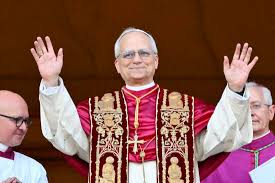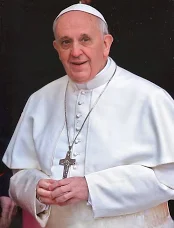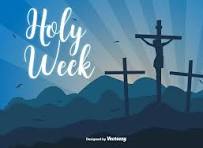The organisers of this year’s extended Croagh Patrick Pilgrimage Season have today made an appeal for priests to assist them with Confessions and the celebration of Mass during the month of July. Organisers aim to have two priests on the summit on any given day. Any priest making the pilgrimage will have accommodation and breakfast provided for them in Westport the night before they climb should they require it.
Commenting on the preparations for the Reek Pilgrimage Season, Father Charlie McDonnell, Administrator of Westport Parish in the Archdiocese of Tuam, said, “Pilgrimage has always been a strong vehicle for both petition and thanksgiving and, in 2021, above any year, we are delighted to offer and extended Reek Pilgrimage acknowledging and giving thanks for the fact that we journey very much under the protective hand of God.
“Each year, while all of the spiritual benefits of the Croagh Patrick pilgrimage have been available to pilgrims from June to September, up to now the Sacraments have only been available on Reek Sunday. This year, due to ongoing Covid-19 restrictions, it would be impossible to facilitate the pilgrimage on one day only so I am arranging to greatly extend provision of the Sacraments for pilgrims throughout the month of July. It is my dear hope that this unprecedented and adventurous undertaking will provide all those who wish to come to Ireland’s Holy Mountain as pilgrims to do so safely and in their own time.
“For generations, the annual Croagh Patrick Pilgrimage has held a central place in the life of the Church in Ireland and I am delighted that an extended version will be available next month. Reek Pilgrimage 2021 is an exciting and ambitious project to undertake and will require great generosity on the part of lay volunteers and priests alike. It is wonderful to be in a position to go ahead under very clear health management guidelines and I encourage all pilgrims to enter into it in a way that makes it a success for all involved.”
Those who wish to fulfil the ‘Reek Sunday’ obligations this year can do so from Wednesday to Saturday each week during July. Beginning on Thursday 1 July and ending on Saturday 31 July, the pilgrimage times and dates are as follows:
Wednesday to Friday:
Confessions before Mass from 11 to 11:45am
Mass at 12 noon
Confessions after Mass from 12:45 to 1:15pm
Saturday:
Mass at 10am
Confessions after Mass from 10:45 to 11:30am
The Masses will be limited to the numbers permitted for outdoor gatherings at that particular time, which currently apply to 100 people up to 4 July and 200 people from 5 July. Details of how to fulfil the spiritual requirements of the pilgrimage are available on www.westportparish.ie and on signage in the carpark at the start of the ascent.
Pilgrims are asked to plan their trip to Croagh Patrick as early as possible and keep in mind that mid-week is traditionally a quieter time to climb. Advice for those making the pilgrimage is available on a number of different websites – www.westportparish.ie www.mayomountainrescue.ie and www.mountaineering.ie as well as checking the weather on www.met.ie. All Covid-19 guidelines and precautions followed on the ground must also be followed on the mountain.
Croagh Patrick, Ireland`s holy mountain, (2,510ft/765m) lies within the parish of Westport about 8km outside of the town. Croagh Patrick dominates the landscape of southwest Mayo both spiritually and physically. The Croagh Patrick pilgrimage is associated with Saint Patrick who, in 441AD, spent 40 days and nights fasting on the summit, following the example of Christ and Moses. The name ‘Reek Sunday’ comes from Patrick’s ability to Christianise many pagan customs including the festival of Lughnasa, which previously had heralded the start of the harvest festival honouring the ancient pagan god Lugh, whose name is encompassed in the Irish word for August: Lughnasa. The festival’s tradition became absorbed into the new Christian beliefs and locally become known as Domhnach na Cruaiche (Reek Sunday). The Reek pilgrimage has been undertaken for 1,500 years and an estimated 100,000 pilgrims visit the holy mountain annually.
ENDS


